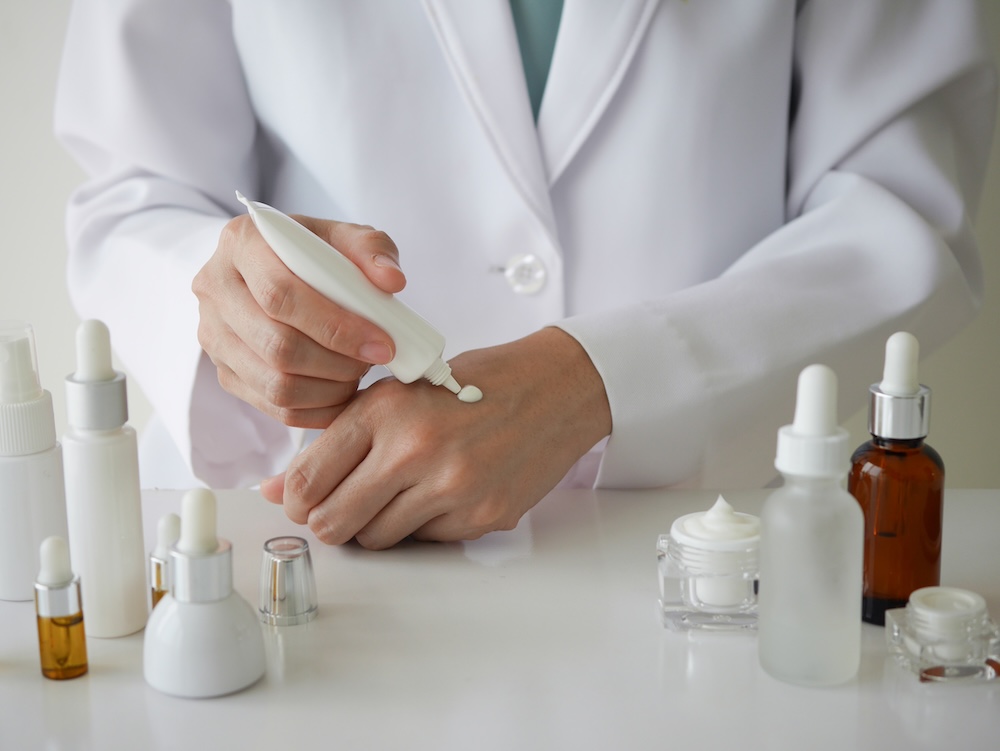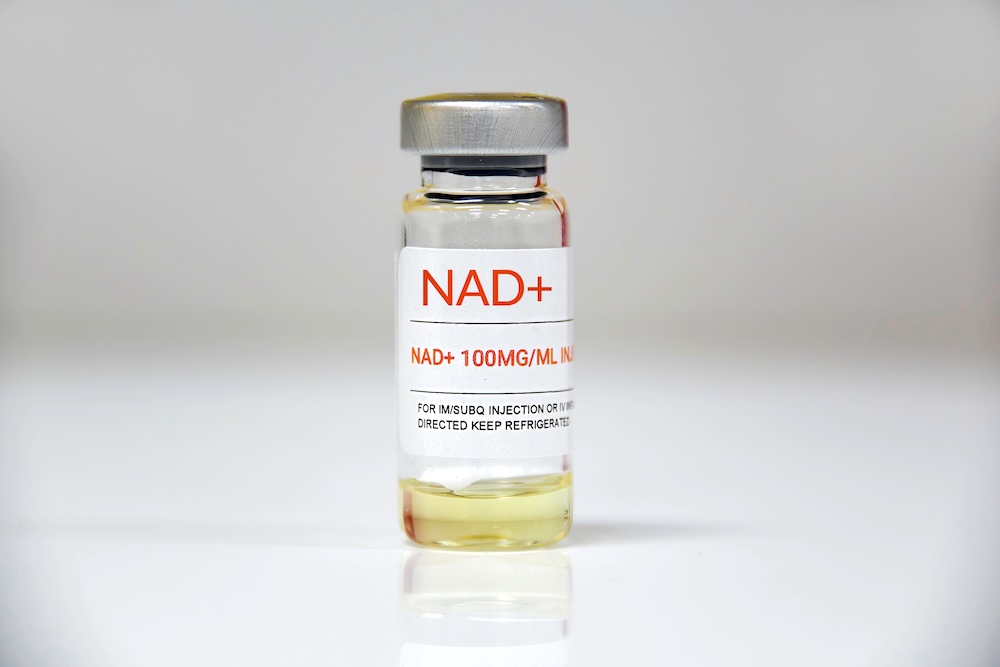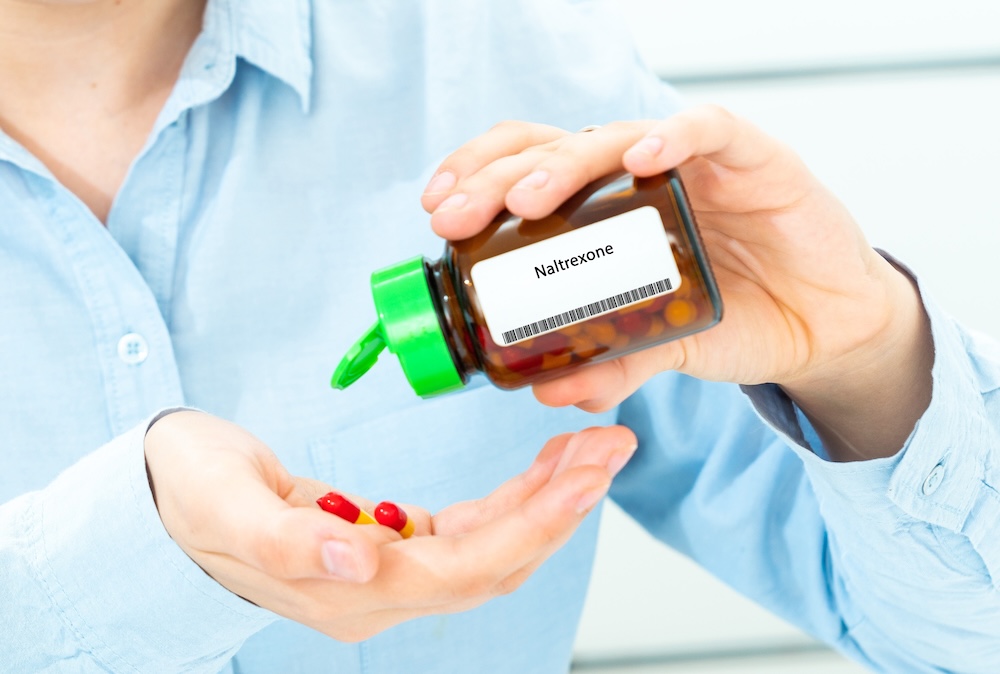As a pharmacist, one of the most rewarding aspects of my job is being able to formulate medications to meet the specific needs of individual patients. While traditional medications work for the majority of people, some patients require customized treatments created by compounding pharmacies. But what exactly is a compounding pharmacy, and when might a doctor decide to prescribe medications that must be compounded? Let’s take a closer look.
Understanding Compounding Pharmacies
A compounding pharmacy is a specialized type of pharmacy where a pharmacist creates customized (specially formulated) medications for patients. Compounded medications are not mass-produced; they are made by combining various components to create a single preparation that will meet a specific need. The compounding process can involve altering a drug’s ingredients, form, strength, flavor or dosage to accommodate the individual patient’s requirements.
6 Reasons Doctors Prescribe Compounded Medications
Doctors may prescribe compounded medications for a variety of reasons—usually when commercially available medications don’t fully meet a patient’s needs. Here are some common scenarios where doctors may rely on a compounding pharmacy:
1. Unique Dosage or Strength Requirements
Sometimes a patient requires a medication in a strength or dosage that is not commercially available. For example, if a child needs a very small dose of a medication, or a patient needs a dose that isn’t available in pre-made forms, a doctor may ask a compounding pharmacy to create the appropriate dosage.
2. Allergies or Sensitivities to Ingredients
Many medications contain excipients (inactive ingredients) like dyes, preservatives or fillers. Undeniably, these sometimes cause allergic reactions or sensitivities in some patients. For example, if a patient is allergic to gluten, a compounding pharmacy can create a version of the needed medication that contains no gluten (or other offending substances).
3. Difficulty in Taking Standard Forms
Some patients have trouble swallowing pills or tablets, particularly children or elderly individuals with swallowing difficulties. In these cases a doctor may prescribe a liquid, topical cream, or even a transdermal patch version of the medication, all of which can be created by a compounding pharmacy.
4. Unavailable Medications
There are times when a specific drug is temporarily out of stock or discontinued, leaving a patient without access to a needed medication. Compounding pharmacies can often replicate these medications in various forms, and provide patients with a solution to this issue.
5. Bioidentical Hormones
Bioidentical hormone replacement therapy (BHRT) is another area where compounding pharmacies play an important role. For patients experiencing hormone imbalances—whether from menopause, andropause or thyroid dysfunction—compounded hormone medications can be customized to more closely mimic the body’s natural hormones. This personalized approach can help optimize treatment and improve the patient’s quality of life.
When Should Patients Ask Their Doctor About Compounded Medications
As a patient, you might wonder if a compounded medication is right for you. There are several situations where asking your doctor about compounded options could be beneficial. Here are a few scenarios where you may want to bring up the idea of compounding with your healthcare provider.
1. You Have Difficulty Tolerating a Commercially Available Medication
If you’ve experienced side effects from a commercially available drug due to certain inactive ingredients or sensitivities, speak with your doctor. A compounded version could be created without the problematic ingredient to deliver a much better treatment experience.
2. You Need a Medication in a Specific Dosage or Form
If your doctor has prescribed a medication that you’re unable to take in its standard form (for example, a large tablet you cannot swallow), ask if it can be compounded into a liquid, cream or lozenge. Compounding pharmacies have the flexibility to create medications in almost any form.
3. You’re Looking for a Customized Treatment Plan
If you feel that your medication isn’t quite right for you—whether in terms of dosage, strength or the timing of doses—ask your doctor if compounding might be a better solution. In some cases, compounding allows for more precise control over your treatment, which can improve effectiveness while it reduces side effects.
4. Your Medication Is Discontinued or Hard to Find
If a medication you’ve been using is no longer available or is difficult to find, let your doctor know. In many cases, compounded versions of discontinued drugs can be created, ensuring continuity of care for patients who rely on these medications.
5. You Want to Try Bioidentical Hormone Replacement Therapy
For those dealing with hormone imbalances, BHRT offers a personalized approach. If you’re experiencing symptoms of hormonal imbalance such as fatigue, weight gain or mood swings, talk to your doctor about the possibility of a compounded hormone therapy plan.
Get Started With Customized Medication Today
In a world where “one-size-fits-all” doesn’t really work, compounding pharmacies provide a vital service to ensure that each patient receives the care and attention they deserve. If you believe custom-formulated medication could be right for you, contact us with questions today or call (678) 835-9997 and discover how personalized compounding can make a difference in your treatment experience.





